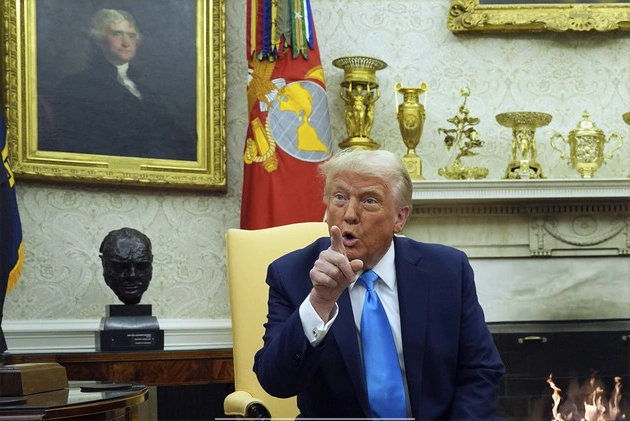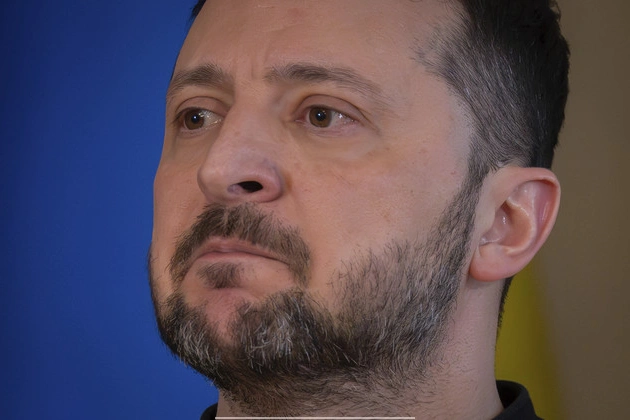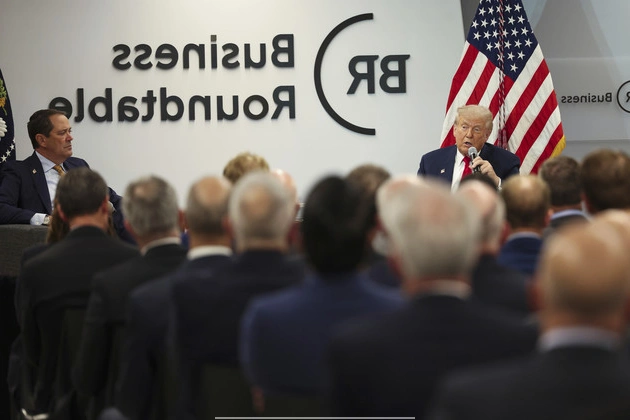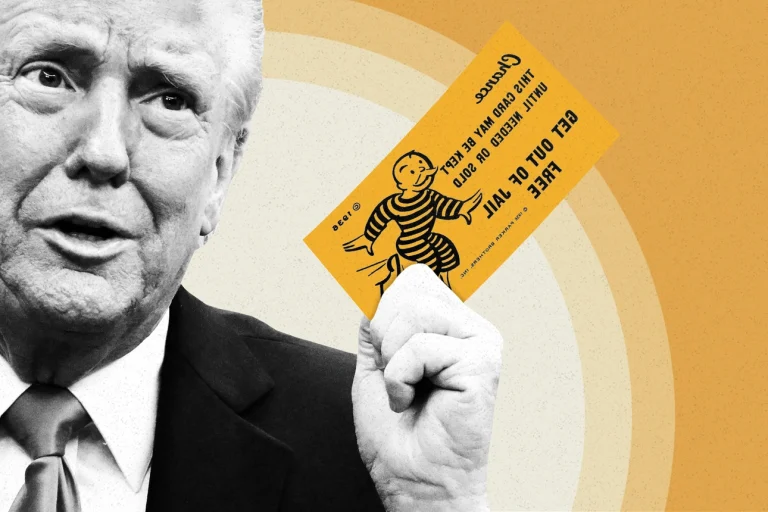
President Donald Trump has raised eyebrows with his latest proposal to potentially imprison American criminals in other countries, particularly in cases deemed severe. This bold move signifies a significant shift in his deportation strategy, which initially focused on undocumented immigrants within the United States.
The Legal Conundrum
While Trump expressed a strong willingness to pursue this option, the legal grounds for such actions remain uncertain. The administration is currently exploring the feasibility and legality of this controversial approach.
International Cooperation
Secretary of State Marco Rubio recently announced a potential agreement with El Salvador to receive deportees, including American prisoners, albeit for a fee. This diplomatic effort aims to align with Trump’s stringent stance on deportation and criminal justice.
El Salvador’s Offer
El Salvador’s President Nayib Bukele has shown a willingness to accept American prisoners, including individuals like Bob Menendez, a former senator convicted of bribery charges. This offer raises questions about the logistics and implications of transferring American inmates to foreign jurisdictions.
Financial Considerations
Trump hinted at cost savings by outsourcing incarceration to other nations, emphasizing the potential economic benefits compared to domestic imprisonment. He believes this approach could serve as a deterrent while reducing the financial burden on the U.S.
As discussions continue and legal challenges emerge, the proposal to send American prisoners abroad remains a contentious issue that sparks debates on legality, morality, and practicality.















